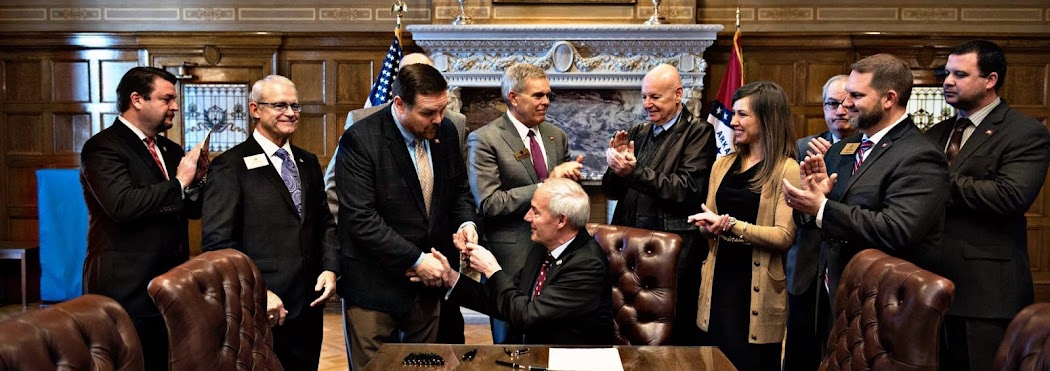The impartiality and integrity of our justice system are crucial to our governance, therefore employing prosecutions to target political adversaries yields far-reaching consequences. The politically motivated prosecutions of former President, and current candidate, Donald Trump, have a grave impact on our institutions and the overall stability of our republic.
These four
separate indictments of former President Trump during this presidential
campaign season provide an illustrative context for understanding the systemic
risks. The repercussions of utilizing prosecutions for political purposes
extend beyond legal outcomes for the former president and others accused in the
indictments. The impact on individuals financially, the tarnishing of their
public and political reputations, and the substantial time investment are
immeasurable. Regardless of guilt, the financial toll of legal proceedings can
be staggering, encompassing legal fees, court costs, and potential loss of
income due to diverted focus and lost jobs. Moreover, the public perception of
being indicted carries the potential to irreparably damage an individual’s
reputation, casting shadows on their credibility and character. Even if charges
are ultimately dropped or if Trump is acquitted, the stain on his public image
may endure. Additionally, the time required to mount a defense against criminal
charges is exhaustive and detracts from the campaign. This drain on time and
resources, regardless of eventual outcomes, amounts to a victory for those who
would use the system to target Trump. It is a no-lose situation for those
politically motivated prosecutors, but our society is certainly losing.
The
primary concern regarding the use of these prosecutions against Trump lies in
the manipulation of the justice system to serve partisan objectives. The
indictments, which appear selective and disproportionately aimed at Trump,
disrupt the equilibrium of power and undermine the foundational principle of
equal treatment under the law. Such manipulation exacerbates societal divisions
and leads to heightened political unrest.
When the
justice system is perceived as a political tool to target adversaries, the
erosion of public trust in both the judiciary and broader democratic
institutions is inevitable. This erosion threatens the institutions’ legitimacy
and their ability to effectively serve their purpose in maintaining societal
order. Diminished public confidence leads to the perception that the justice
system is biased, eroding the rule of law and the foundations of democratic
governance.
Central to
our republic is the separation of powers, which ensures the independence of
each branch of government. However, employing these prosecutions for political
gain blurs these divisions, enabling the executive branch to misuse its
influence over law enforcement to target rivals. This blurring weakens the
system of checks and balances, jeopardizing the republic’s foundations.
The use of
prosecutions against Trump during a presidential campaign heightens the
potential for instability within our country. As political polarization
continues to intensify, grievances escalate, raising the real likelihood we
face civil unrest or even violence. The erosion of our founding principles,
including due process and equal protection, alienates citizens from their
government and creates an environment conducive to authoritarian tendencies.
To counter
the systemic risks associated with prosecutorial manipulation during a
presidential campaign, historically the media and civil society were vested
with the responsibility to scrutinize and expose potential abuses of the system
for political ends. However, media most often falter when their interests align
with specific political outcomes, abandoning their role as democratic
safeguards to further exasperate the problem.
This use
of prosecutions and the judicial system against a candidate and former
president during a presidential campaign is unprecedented and poses substantial
systemic risks to our political stability. These indictments underline just how
fragile our system is, and regardless of the eventual outcome of each case, our
country will be nearer to faltering because of these indictments.















.png)




